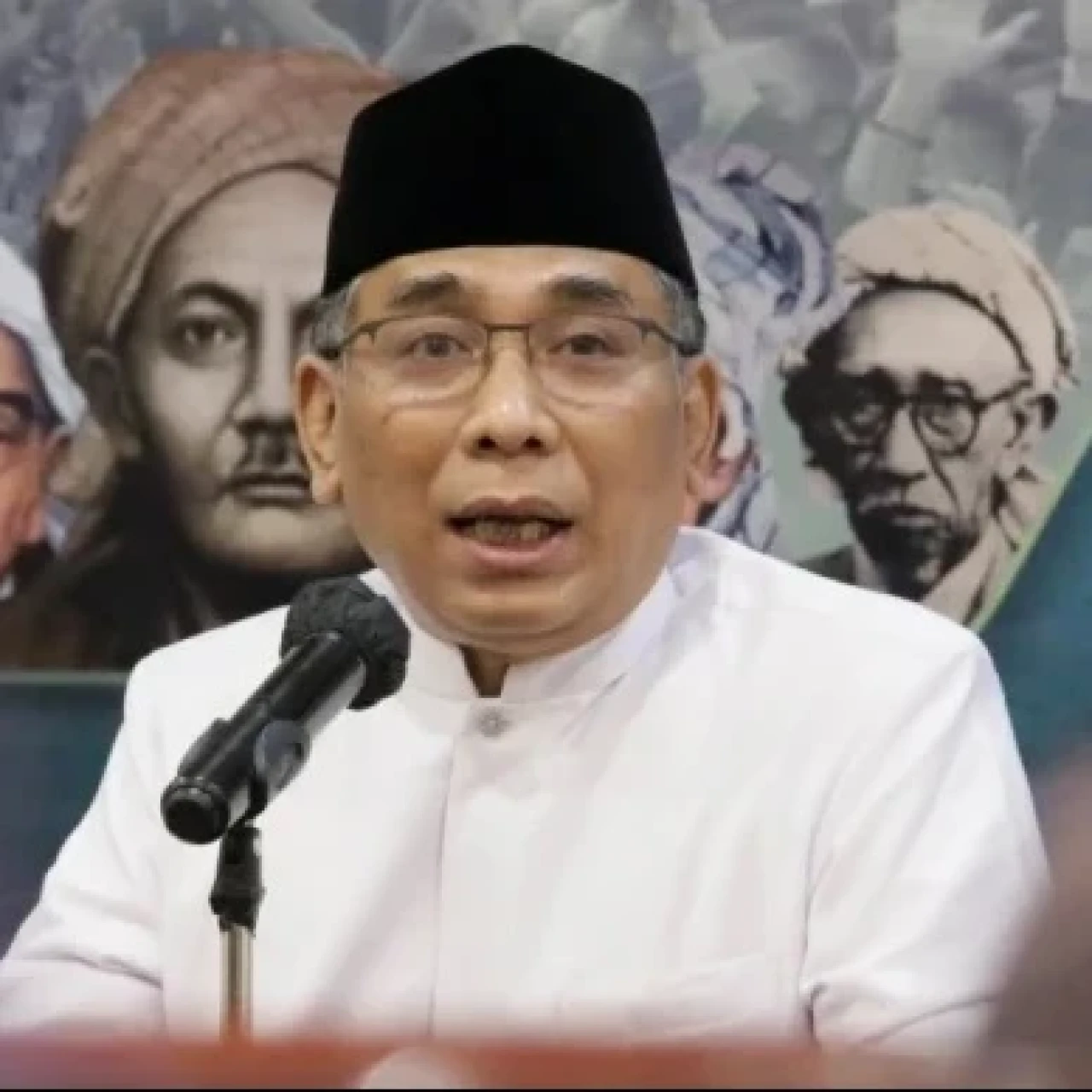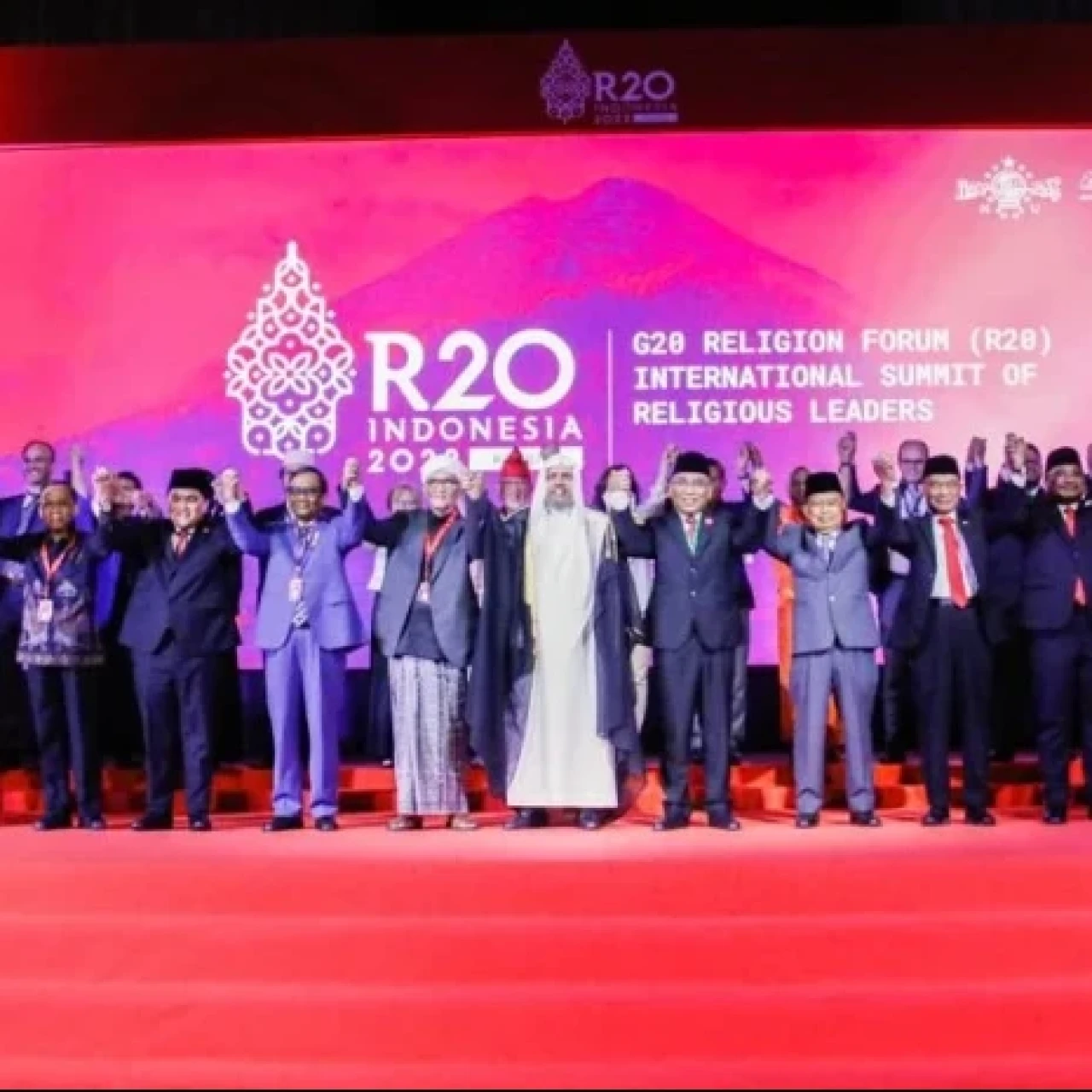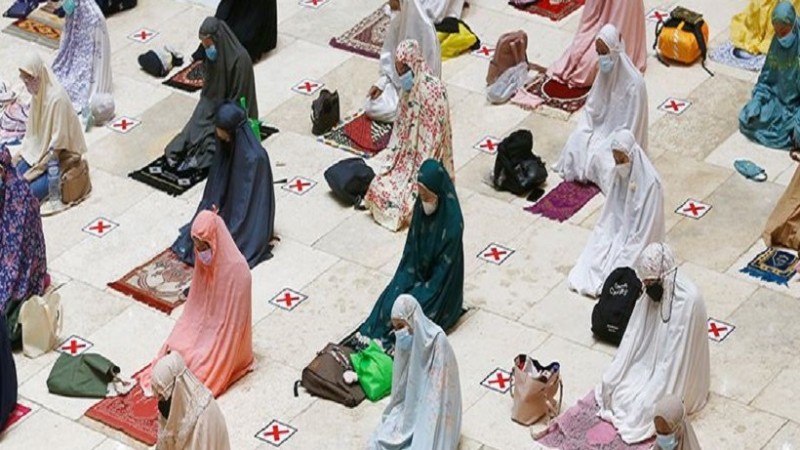Four years after the fall of Baghdad on April 9, 2003, a majority of Americans are opposed to the US presence in Iraq, even if this was not the case until 2005. Courtney C. Radsch in Washington, D.C. analyzes the American public opinion on Iraq over the past four years.
Following the 9/11 attacks on New York and Washington D.C. — considered to be the worst attack on American soil since Pearl Harborthe — American public was fearful of terrorism and eager to regain a sense of security.<>
In this climate of fear, the Bush administration, under the leadership of President George W. Bush and his neoconservative advisors, began making the case for war with Iraq. Then, in 2003, President Bush took the nation to war, despite worldwide opposition and the disapproval of the United Nations.
With overwhelming public support and a vocal, but relatively small opposition movement in the United States, the president invaded Iraq on March 19, 2003.
Four years later, the tables have turned and those opposed to the war now far outnumber those who support it, reflecting a major shift in public opinion and reevaluation of initial support for the war given the benefit of hindsight.
Tables Turned
Prior to the invasion, support for the war in Iraq was strong among the majority of Americans, although a substantial and vocal minority opposed the war and held demonstrations and protests in hopes of preventing the US from invading Iraq without further weapons inspections and without the approval of the United Nations. But with more than 70 percent of the public supporting the war in March 2003 when the invasion appeared effortless and Baghdad fell so quickly — according to polls by the Pew Research Center and Gallup —, the antiwar voices and the 22 percent of the public that thought the decision to use military force in Iraq was wrong were drowned out by those who viewed the war as a success and opposition as unpatriotic.
Four years later, however, public opinion has flipped, with 61 percent of the public opposing the war and only 36 percent in support.
In 2002 and 2003, some non-governmental organizations, think tanks, and some alternative media urged the public not to support the invasion, but their pleas for moderation often failed to reach the ears of the public or were framed as unpatriotic and even treasonous.
In 2003, a Columbia University faculty member became the target of Republican ire for opposing the Iraq war and calling for US defeat. At an antiwar meeting, assistant professor Nicholas DeGenova urged the defeat of the "US war machine," provoking the outrage of more than a hundred Republican members of Congress who called for his dismissal. He was not fired, although NBC's Peter Arnett was not so lucky, and lost his job after saying in an interview on Iraqi TV that the Iraq war had failed.
The Act Now to Stop War and End Racism Coalition (ANSWER) organized massive protests across the country before and during the war, but the opposition remained in the minority until 2005, when a majority of Americans expressed opposition to the war, according to Gallup.
Media "Failure"
Public perception and reports by journalist watchdog organizations blamed the mainstream American media for playing a complicit, if not active, role in building public support for the Iraq invasion. Administration accusations about Iraq's alleged weapons programs and ties between Saddam Hussein and Al-Qaeda were reported uncritically by the American media while contradictory claims and perspectives were buried, ignored, or discredited. A recent report by FAIR, Fairness and Accuracy in Reporting, for example, detailed the shoddy performance of the media in terms of investigating administration claims and reporting oppositional viewpoints.
Although there has not yet been a systematic content analysis published in an academic journal, popular opinion reflects the belief that the media failed to perform its watchdog function in the run-up to the war. The belief in the role of the media in going along with Bush's plan for war has been upheld by the mea culpas of mainstream media organizations, especially the New York Times May 24, 2004 editorial note regarding the shortcomings of pre-war reporting, in particular Judith Miller's reporting on Iraq's weapons program and reliance on now-discredited critic Ahmed Chalabi.
The very nature of American journalism practice allowed the administration viewpoint to be elevated and amplified by the media, since what the president says is automatically considered news, and the official viewpoint must always be juxtaposed against any other.
"Shaper of Public Opinion"
Yet for all of the failings of the media, the most important shaper of public opinion prior to the start of the Iraq war was the president, according to Scott Keeter, director of research at the Pew Research Center. He said the importance of President Bush's push for war far outweighed the importance of other organizations either in support or opposition to the war because of the post-9/11 context in which the case was made.
"You had a public that was anxious about terrorism that had its origins in the Middle East, and, even though the dots were not connected, there was receptivity to the idea that terrorist threats from the Middle East would continue to be a threat and that something needed to be done," said Keeter, explaining the rationale for the president's push for war. "It was very much a policy that was developed by the White House and its allies."
Keeter said that although Washington think tanks and political action committees (PACS) may have influenced members of Congress, such non-governmental actors are relatively unknown outside of the policy community and thus played only a marginal role in the formation of public opinion. Although this may have changed to some extent in the four years since the war started, it is still the case, according to Keeter, that such actors lack a public forum. Rather, the public is more skeptical because there is now greater variety in the opinions expressed by elite voices. He said the diversity of elite points of view is important to public opinion because people watch the evening news and increasingly see leading Republicans, like Chuck Hegel, raising questions about the war along with almost unanimous opposition from Democrats. Such diversity among the leadership reinforces opinions held by the public and even leads some to change their point of view, according to Keeter.
Despite the hype alternative or citizen journalism, like blogs, displacing traditional media, most Americans continue to get their news from television, then newspapers, with the Internet being a supplemental source, according to an expansive survey about American's media use conducted by the Pew Research Center for the People and the Press.
Thus, despite the fact that many blogs, think tanks, and PACS have sought to organize support for or opposition to the war, depending on their political persuasion, it appears unlikely that they act as opinion leaders for the public. Rather, their influence is filtered through the mainstream media and through elite public opinion leaders like members of Congress.
"What people are seeing is a story that is much more negative in terms of deaths, prospects for victory, the capacity of the Iraq government to get its act together, which logically lead people to be skeptical," said Keeter.
Public Oppose Iraq Involvement
Thus, four years after the invasion, Americans are resoundingly opposed to the war and to further American involvement. Public opinion about the war in general has been steadily decreasing over the past four years, although there have been spikes of approval following military successes such as the capture of Saddam Hussein. By 2005, however, the shift became most pronounced and opponents started to outnumber supporters, with a majority of Americans opposing the war, according to both Gallup and Pew polls.
According to a Gallup poll, well over 50 percent of the American public now believes it was a mistake to send troops into Iraq, compared to less than 30 percent in the months directly following the initial invasion.
It is not surprising that 60 percent also disapprove of sending more troops to Iraq as proposed by President Bush's troop surge plan that has sent another 20,000 soldiers to the frontlines.
About 63 percent of the public wants a deadline of next year for full troop withdrawal, and the Democrat-controlled Congress is pushing for a mandatory troop withdrawal by next year.
Yet, despite strong opposition to the war and further engagement in Iraq, the majority of Americans do not even know what position their representative in Congress holds regarding the plan to send more troops, indicating a breakdown of accountability that could have profound implications for future wars. If indeed 64 percent of Americans do not know the position of their representative, as the Pew poll found, then it will be difficult to hold them accountable in future elections, even though more than half of those polled said their stance would be a factor in the reelection campaign.
Unmatched Partisanship
According to the Pew Center's website, the partisanship surrounding the Iraq war is unmatched. Even the Vietnam war was less polarizing, according to Keeter, reflecting the fact that the Iraq war was first and foremost a war that began at the insistence of the president, who was already viewed in partisan terms. The Vietnam war, however, was a gradual escalation that began under a republic, escalated under the leadership of Democratic presidents Kennedy and Johnson, and concluded by Nixon, a Republican, making the partisan breakdown of support more complex.
Yet, despite the partisan nature of support for the Iraq war, polls show that Republicans are increasingly withdrawing their support for the president's policy and that the majority of the public blames Bush for the war going worse than expected. Middle East expert Kenneth Pollack, of the Brookings Institute, said in an interview that he was struck by how polling data reflects how "on target" the American public is, in terms of recognizing that the administration does not have a working strategy, yet acknowledges that the Democrats lack an alternative. President Bush reiterated his promise today to veto any bill that mandates a deadline for troop withdrawal.
Yet, even the low level of support is surprising to Dr. William C. Adams, professor of Public Policy at George Washington University. "What's really extraordinary is that there is as much American support as there is, because at least a fair number of people accept this as a war on radical terrorism and do believe that if it wasn't in Iraq, it would be in Afghanistan or somewhere else," said Adams.
Iran: Another Middle East War?
Given the escalating rhetoric about Iran's nuclear program, the war games the US military recently conducted in the Persian Gulf, and the recent capture of several British military personnel, concerns about a war with Iran seem to be in the back of everyone's mind. The question is, however, whether the president could garner support for another war in the Middle East.
Yet according to Adams, public opinion about a future war in the Middle East is irrelevant to a certain extent, since the public tends to go along with the president in the short term and thus will support US intervention if deemed necessary. "Americans tend to give the administration the benefit of the doubt, and in a time of crisis, they will tend to rally around the flag and support the administration and not second-guess the president," said Adams, explaining that the public will figure the administration must have a pretty good reason for taking the country to war, and therefore it is better to come together.
"Public opinion matters if the war is unsuccessful," he said. "Judgment is retrospective, not anticipatory, and if the results start looking bad the support starts dissipating," as it did in the protracted wars in Korea and Vietnam, but not in Grenada or Haiti, said Adams.
But those in the public opinion polling business disagreed, giving public more credit for historical memory. Keeter said he believed that the legacy of the Iraq war would be much greater resistance to the use of preemptive military force in the future, but that ultimately the circumstances are what matter, meaning that a response to a direct attack or threat to national security would likely have the support of the public. "It depends on the circumstances," he said. "What would an Iranian incursion into Iraq be considered?"
Courtney C. Radsch is a freelance journalist and doctoral candidate whose research focuses on the Arab media. For more information about Radsch, visit her website. Also, her blog can be found at ARABISTO.COM.
Terpopuler
1
Khutbah Jumat: Ramadhan dan Kesempatan yang Tidak Selalu Terulang
2
Innalillah, Ulama Mazhab Syafii asal Suriah Syekh Hasan Hitou Wafat dalam Usia 83 Tahun
3
Kultum Ramadhan: Lebih Baik Sedikit tapi Istiqamah
4
Khutbah Jumat: Ramadhan, Melatih Sabar, Memperkuat Syukur
5
Keluar Mani yang Tidak dan Membatalkan Puasa
6
Khutbah Jumat: Tiga Kebahagiaan Orang Puasa
Terkini
Lihat Semua














